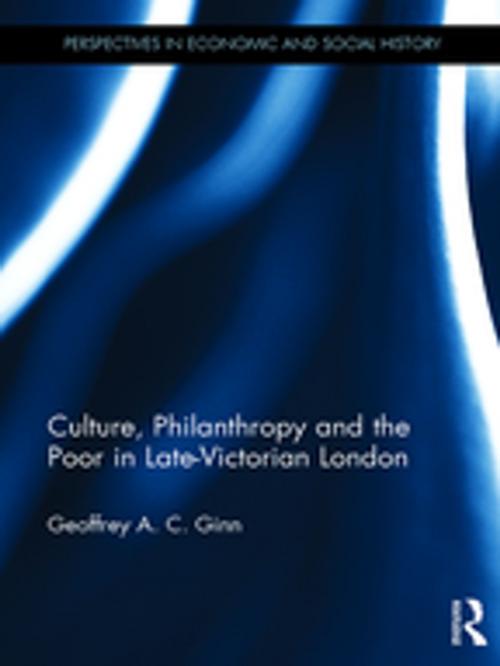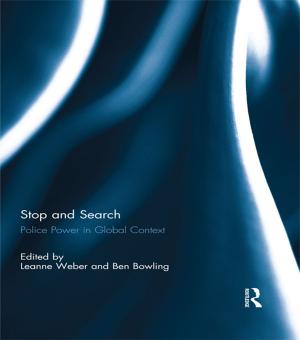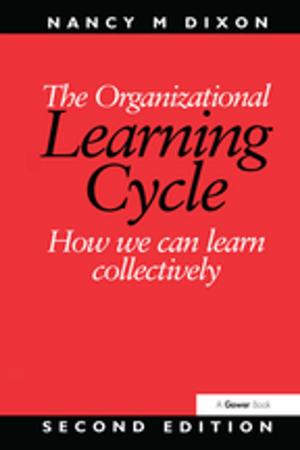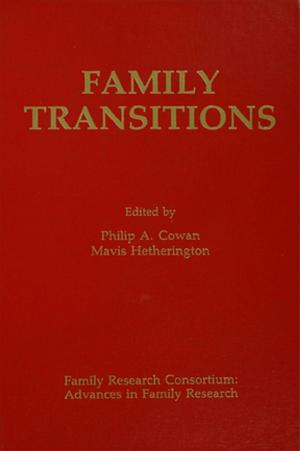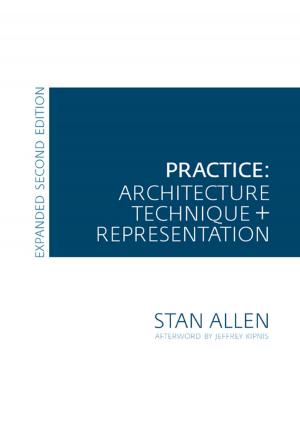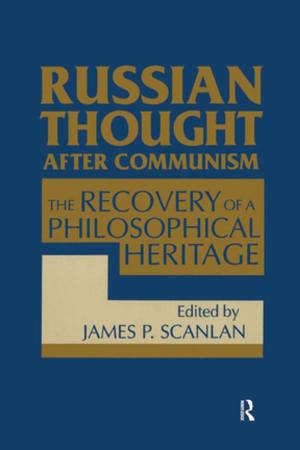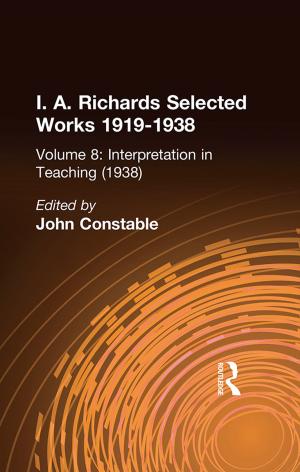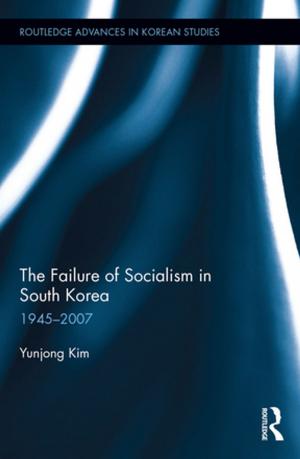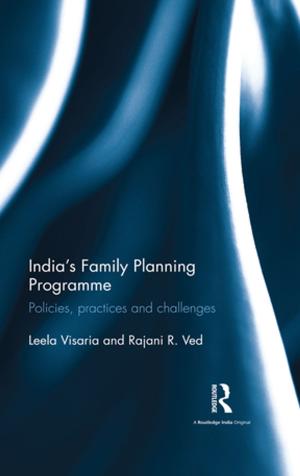Culture, Philanthropy and the Poor in Late-Victorian London
Nonfiction, History, British, Business & Finance, Economics| Author: | Geoffrey A. C. Ginn | ISBN: | 9781351732802 |
| Publisher: | Taylor and Francis | Publication: | April 21, 2017 |
| Imprint: | Routledge | Language: | English |
| Author: | Geoffrey A. C. Ginn |
| ISBN: | 9781351732802 |
| Publisher: | Taylor and Francis |
| Publication: | April 21, 2017 |
| Imprint: | Routledge |
| Language: | English |
2018 Choice Outstanding Academic Title
********************************
The Late-Victorian cultural mission to London’s slums was a peculiar effort towards social reform that today is largely forgotten or misunderstood. The philanthropy of middle and upper-class social workers saw hundreds of art exhibitions, concerts of fine music, evening lectures, clubs and socials, debates and excursions mounted for the benefit of impoverished and working-class Londoners. Ginn’s vivid and provocative book captures many of these in detail for the first time.
In refreshing our understanding of this obscure but eloquent activism, Ginn approaches cultural philanthropy not simply as a project of class self-interest, nor as fanciful ‘missionary aestheticism.’ Rather, he shows how liberal aspirations towards adult education and civic community can be traced in a number of centres of moralising voluntary effort. Concentrating on Toynbee Hall in Whitechapel, the People’s Palace in Mile End, Red Cross Hall in Southwark and the Bermondsey Settlement, the discussion identifies the common impulses animating practical reformers across these settings.
Drawing on new primary research to clarify reformers’ underlying intentions and strategies, Ginn shows how these were shaped by a distinctive diagnosis of urban deprivation and anomie. In rebutting the common view that cultural philanthropy was a crudely paternalistic attempt to impose ‘rational recreation’ on the poor, this volume explores its sources in a liberal-minded social idealism common to both religious and secular conceptions of social welfare in this period. Culture, Philanthropy and the Poor in Late-Victorian London appeals to students and researchers of Victorian culture, moral reform, urbanism, adult education and philanthropy, who will be fascinated by this underrated but lively aspect of the period’s social activism.
2018 Choice Outstanding Academic Title
********************************
The Late-Victorian cultural mission to London’s slums was a peculiar effort towards social reform that today is largely forgotten or misunderstood. The philanthropy of middle and upper-class social workers saw hundreds of art exhibitions, concerts of fine music, evening lectures, clubs and socials, debates and excursions mounted for the benefit of impoverished and working-class Londoners. Ginn’s vivid and provocative book captures many of these in detail for the first time.
In refreshing our understanding of this obscure but eloquent activism, Ginn approaches cultural philanthropy not simply as a project of class self-interest, nor as fanciful ‘missionary aestheticism.’ Rather, he shows how liberal aspirations towards adult education and civic community can be traced in a number of centres of moralising voluntary effort. Concentrating on Toynbee Hall in Whitechapel, the People’s Palace in Mile End, Red Cross Hall in Southwark and the Bermondsey Settlement, the discussion identifies the common impulses animating practical reformers across these settings.
Drawing on new primary research to clarify reformers’ underlying intentions and strategies, Ginn shows how these were shaped by a distinctive diagnosis of urban deprivation and anomie. In rebutting the common view that cultural philanthropy was a crudely paternalistic attempt to impose ‘rational recreation’ on the poor, this volume explores its sources in a liberal-minded social idealism common to both religious and secular conceptions of social welfare in this period. Culture, Philanthropy and the Poor in Late-Victorian London appeals to students and researchers of Victorian culture, moral reform, urbanism, adult education and philanthropy, who will be fascinated by this underrated but lively aspect of the period’s social activism.
